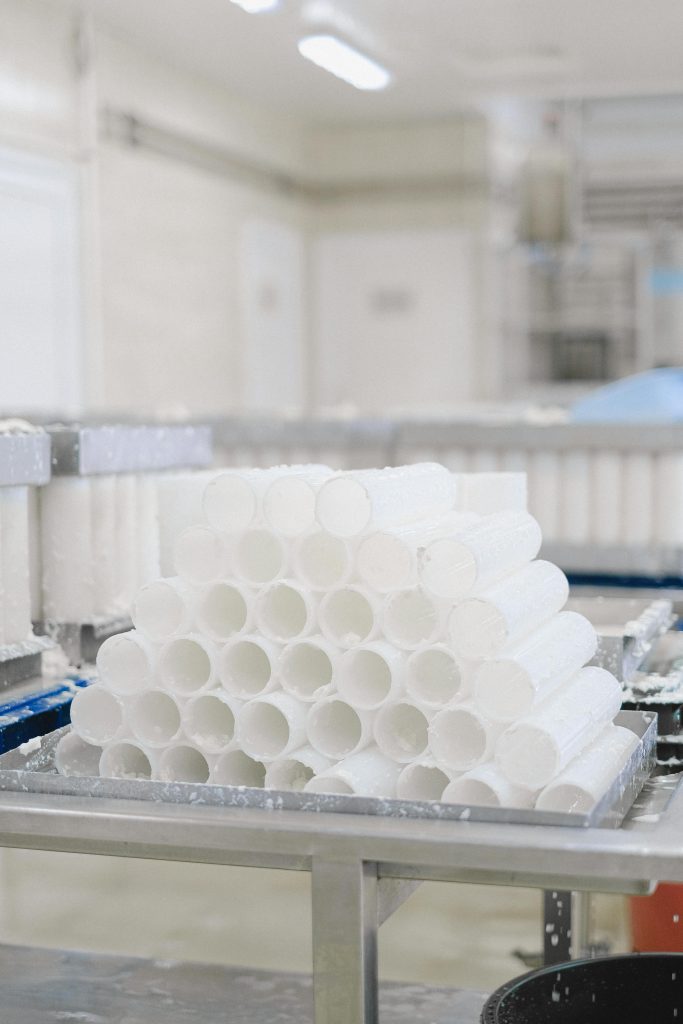Plastic, a ubiquitous and versatile material, plays a critical role in modern manufacturing across industries. From kitchen appliances in homes to the high-tech devices in pockets, plastic’s unique properties make it an indispensable material in production lines around the world.
This blog post delves into the significance of plastic in manufacturing.
Unmatched Versatility and Flexibility
Plastic’s foremost advantage in manufacturing is its incredible versatility. The material can be engineered to exhibit specific qualities such as transparency, durability, and flexibility, making it suitable for a wide range of applications. Whether it’s creating flexible packaging materials or rigid automotive components, plastic can be molded to meet diverse design specifications.
This adaptability is achieved through various manufacturing techniques, including injection molding, which allows for detailed precision and consistency in high-volume production runs. As a result, designers and engineers frequently choose plastic when developing new products that require complex shapes and functionalities.
Cost-Effectiveness in Production
Cost efficiency is paramount in any manufacturing process, and plastic excels in this area. It is generally less expensive than alternative materials like metal or glass, both in raw form and during the manufacturing process. Plastic is lighter, which reduces transportation costs, and it requires less energy to mold and manufacture, further curbing expenses.
Techniques such as low volume injection molding make it economically viable to produce small quantities of plastic products without the hefty initial costs typically associated with new product development. Additionally, the speed of plastic manufacturing processes allows for quicker turnaround times on orders, enhancing the potential for increased production rates and revenue. This affordability makes plastic an attractive option for manufacturers looking to minimize costs while maintaining high-quality production standards.
Enhanced Product Durability and Performance
Contrary to common misconceptions, many plastics offer superior strength and can outperform other materials in terms of durability. Engineering plastics, such as polycarbonate or nylon, are used in applications that require a high level of precision, impact resistance, and thermal stability. These materials can withstand harsh environmental conditions, making them ideal for use in automotive parts, electronic devices, and outdoor equipment.
Moreover, plastics can be treated with various additives to enhance UV resistance, flame retardancy, and antibacterial properties, further extending the life and functionality of products. Additionally, advancements in plastic technology continue to improve the wear resistance and tensile strength of these materials, broadening their applications across more demanding industries.
Contribution to Sustainability Efforts
The role of plastics in supporting sustainability initiatives is increasingly recognized within the manufacturing industry. Innovations in bioplastics and recycling technologies have opened new pathways for plastics to contribute positively to environmental goals. Manufacturers are now using recycled plastics in everything from clothing fibers to automotive parts, significantly reducing waste and resource consumption.
Furthermore, the lightweight nature of plastic helps decrease energy usage during transportation, lowering the carbon footprint of products throughout their lifecycle. These advancements are crucial as industries move towards more eco-friendly manufacturing practices.
Innovation and Advancements in Technology
Plastic is at the forefront of technological innovations in manufacturing, continually pushing the boundaries of what is possible. Its ability to integrate with advanced manufacturing technologies, like 3D printing, has revolutionized prototype development and custom manufacturing.
Plastic’s compatibility with these technologies allows for rapid prototyping, greater customization, and direct digital manufacturing of complex parts. This synergy is enabling faster development cycles and more agile responses to market changes, thereby driving progress across various sectors including medical, aerospace, and consumer electronics. Additionally, the use of plastic in additive manufacturing offers the unique advantage of reducing material waste, making the production process more efficient and less costly.
Conclusion
Plastic’s importance in manufacturing is undeniable. With its unmatched qualities that range from versatility to sustainability, plastic continues to be a foundational material in the creation of diverse products.
